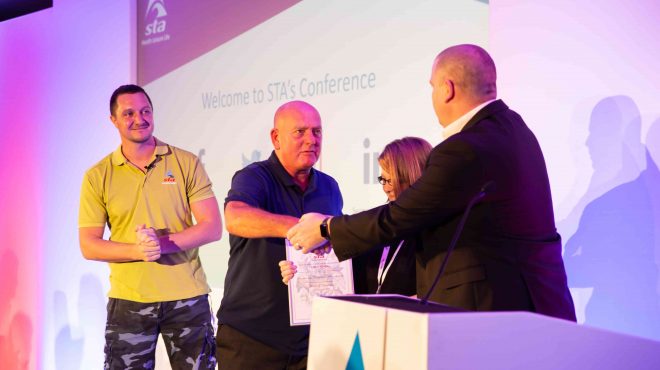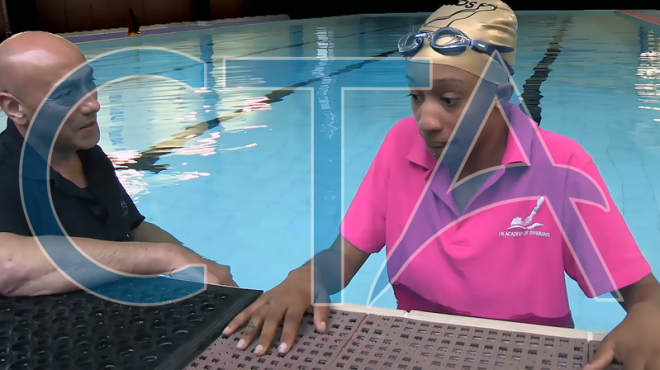The Hidden Dangers of Holiday Pools
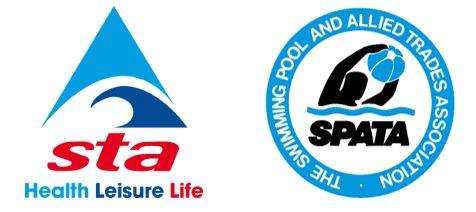
STA and SPATA Join Together to Raise Awareness
For consumers, when choosing holiday accommodation, the property having its own pool facility (or access to a shared resort pool) is a determining factor so that they can have ‘family fun’ in the water.
It is a very significant (and an obvious statement) that these holiday pools should be clean and safe for the paying customers to use – and for most holidaymakers this would be a basic expectation and even more so if the holiday was booked through a reputable ABTA approved tour operator.
However, there are occasions when ‘on the ground’ pool operators, particularly in foreign climes, can forget or misjudge the hidden dangers around the provision of safe hygienic water space for holidaymakers.
As such, after another busy summer holiday season, where once again there have been several incidents involving unsafe swimming pools, STA and SPATA have joined together, to not only raise awareness on the importance of onsite trained personnel, but to also offer professional support to holiday pool operators and all those responsible for ensuring customer safety here in the UK and abroad.
This network of support is vitally important, because in many cases these incidents, which are mainly caused by suction entrapment, from gas escapes (which have caused fatalities, sickness and psychological traumas) and from diseases caused by infectious agents in the water causing sickness and discomfort, can be prevented.
To illustrate this further, here are just some of the incidents that have been reported in the media this summer – Spain, Greece and this story from Turkey where a 12-year old girl from Russia tragically died. Just this month, there was also a story about a chlorine leak at an Algarve hotel pool.
Of note, these claimed incidents not only involve individuals supplying accommodation on a private-hire basis, but also popular family hotel complexes booked via large tour operators – proving the dangers and risks are universal.
Prevention
If we look at the first two examples from Spain and Greece, you will see there is a common thread linking them back to the cause:
- Lack of safe design and operation by the installer, operator and maintenance contractor.
- Lack of meaningful training to provide safe competent staff and contractors.
Example 1
Where bathers are sucked, or entanglement, on to a suction outlet within the pool tank, these forces can trap and hold the unsuspecting bather to the side wall or bottom with extreme force. This can lead to severe injury, trauma or death. In the case of entanglement, hair becomes trapped by a vortex and is bound around a pool outlet grille trapping the bather under water, and they can only usually be released by someone cutting the trapped hair.
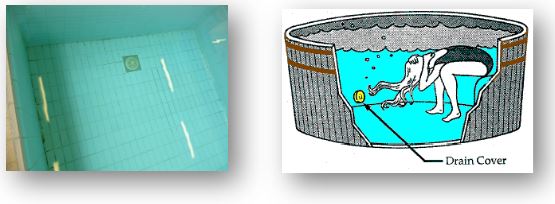
Example 2
Where chlorine gas escapes to the pool side or an area close to the pool plant room, this is due to mixing of chemicals or inappropriate maintenance (as per the photo here showing poor and potentially dangerous storage of chlorine based disinfectant) by inexperienced and / or untrained persons.
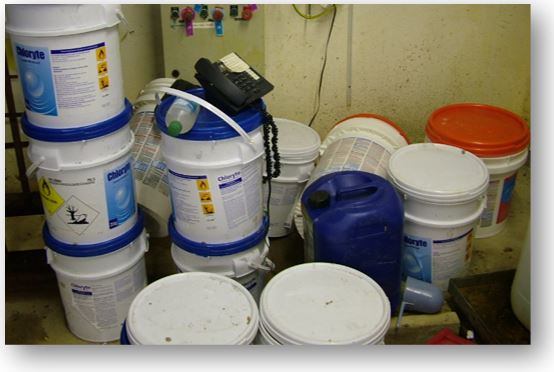
It is interesting to note that those providing or arranging holiday accommodation services within the UK, can be held responsible for any hire of site where dangerous practices cause damage or injury to their travelling customers.
The solutions are:
- To ensure that all swimming pool sites are safely designed to protect bathers and facilitate bather loads.
- That staff, contractors, safety consultants and any other bodies involved in pool maintenance, refurbishment etc., are qualified to ensure the safety of all those in contact with the swimming pool and its environment, for all activities.
The industry has guidance on pool design and operation (through BS EN 15288 parts 1 & 2). Anyone involved in the pool industry should be aware of these standards, and should be able to comply with them (and there are the same versions of these standards in other European countries.
‘Ignorance is no excuse’ either because there are consultants and other experts that are aware of the standards and other industry guidance that can be called upon for help. They will undertake regular audits and provide risk assessments, so that appropriate action can be taken to minimise the chance of these types of incidents occurring.
For travel operators who are working directly or indirectly with multiple holiday resorts all across the world, this ‘duty of care’ message is particularly pertinent – not only to protect the safety of their customers holidaying in foreign countries, but to protect their own business reputation too.
Authors
Robbie Phillips on behalf of STA (Swimming Teachers’ Association), a registered charity and the UK’s lead training organisation for swimming pool and spa plant operations.
Robbie is STA’s Pool Plant Consultant with over 40 years’ experience in the wet leisure industry. He is considered to be one of the country’s top pool plant experts and has managed many holiday site audits, and dealt with many similar cases as those mentioned here.
Chris Hayes, Managing Director of SPATA (Swimming Pool and Allied Trades Association).
SPATA brings together the contractors, manufacturers, distributors and retailers of swimming pools, spas, saunas, steam rooms and associated equipment.
- Categories
- Pool Plant


